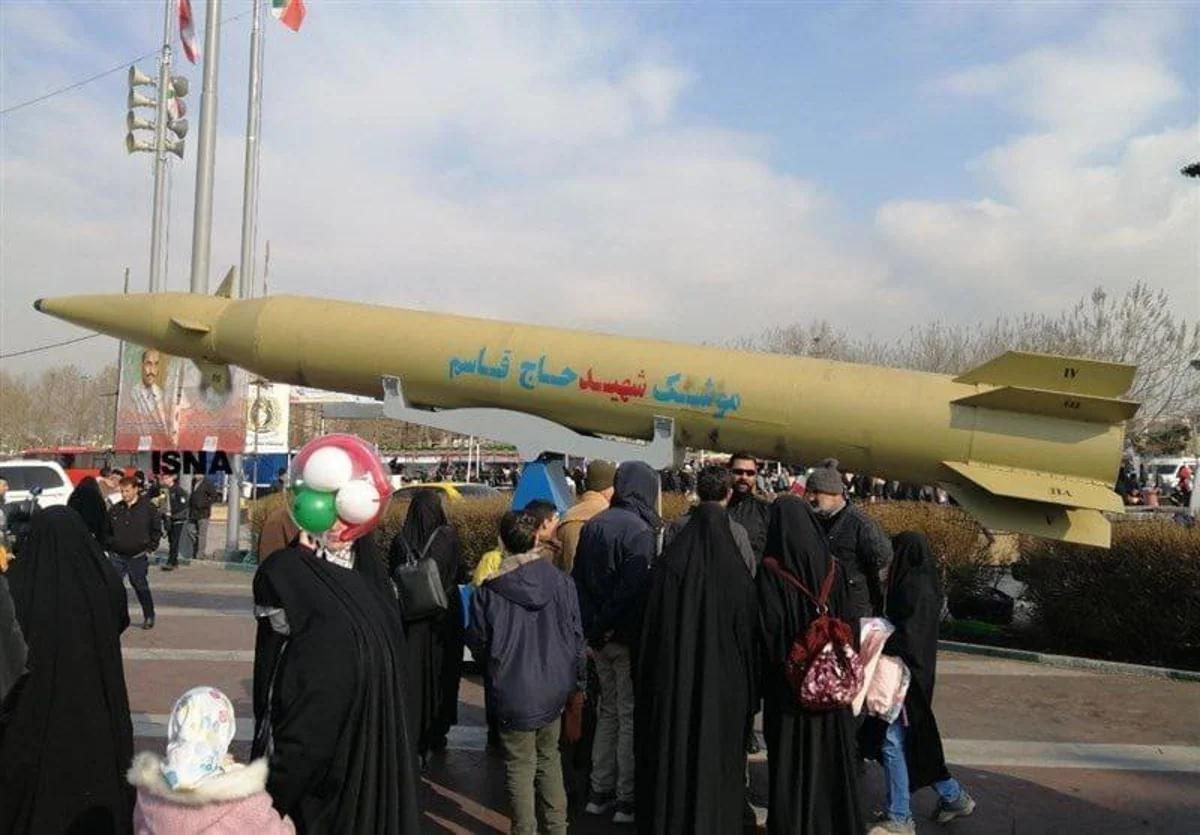Deep dive
Exposed: Russian missile experts' secret Iran visits in 2024
Neither Russia’s Defense Ministry nor Iran’s Foreign Ministry has officially commented on the Reuters findings, leaving room for speculation as the Arab League summit and ongoing regional conflicts unfold.

Russian missile specialists conducted multiple visits to Iranian military facilities between April and September 2024, amid ongoing tensions between Iran and Israel, according to an exclusive Reuters report published on March 4, 2025. The visits involved at least seven senior Russian military officials, all of whom possess deep expertise in missile technology, including air defense systems, artillery, rocketry, and advanced weapons development.
These officials, identified through a Reuters review of travel records and employment data, traveled from Moscow to Tehran on two specific flights—one on April 24 and another on September 17, 2024—to inspect specialized Iranian military sites, including underground missile production facilities.
A senior Iranian Defense Ministry official confirmed to Reuters that Russian experts made multiple trips to Iranian missile production sites throughout the year, with some visits occurring in September. Among the locations reportedly toured was a missile base approximately 15 kilometers west of Amirabad, a port on Iran’s Caspian Sea coast, as noted by a Western defense official monitoring Iran-Russia cooperation.
The official, who spoke anonymously, could not confirm whether the Russians on the documented flights were among those who visited the base. Reuters was unable to independently verify the full scope of the visits or their precise objectives, but the report underscores a deepening defense relationship between Moscow and Tehran at a time of regional upheaval.
The Russian delegation included high-ranking officers, with two holding the rank of colonel and two others lieutenant-colonels, according to Russian databases detailing employment and professional backgrounds from 2021 to 2024. Among them were specialists like Denis Kalko, 48, who worked at the Russian Defense Ministry’s Academy for Military Anti-Aircraft Defense, and Vadim Malov, 46, affiliated with a military unit training anti-aircraft missile forces. Others, such as Antonov and Sergei Yurchenko, were linked to the Main Rocket and Artillery Directorate of the Russian Defense Ministry, while another, Khusainov, a colonel, had ties to the Kapustin Yar missile-testing range.
The group’s travel bookings, which listed passport numbers with the prefix “20”—indicating official state business—were corroborated by a Russian passenger manifest for the September flight, provided to Reuters by a source with access to state databases. The manifest for the April flight was unavailable, leaving some uncertainty about whether all booked specialists completed that trip.
These visits coincided with a period of heightened military exchanges between Israel and Iran, including Iran’s barrage of missiles targeting Israel in October 2024, following an Israeli airstrike on Iran’s consulate in Damascus in April that killed senior Islamic Revolutionary Guard Corps officers. Iran’s growing military cooperation with Russia has been well-documented in recent years, with Tehran supplying Moscow with ballistic missiles, such as the Fath-360, and drones for use in the Ukraine conflict. In return, Russia has reportedly offered Iran advanced weaponry, including Su-35 fighter jets and S-400 air defense systems, though delivery timelines remain unclear. Satellite imagery reported by Reuters in July 2024 also revealed Iran’s expansion of ballistic missile production facilities at the Khojir and Shahid Modarres complexes, a move confirmed by Iranian officials as aimed at supporting Russia and Iran-backed groups like Hezbollah and the Houthis.
The Reuters report emerges against a complex backdrop, including improving relations between Russia and Israel following U.S. President Donald Trump’s return to office in January 2025. A notable shift occurred during a recent United Nations General Assembly vote on a resolution concerning the Ukraine conflict. On this occasion, Israel sided with Russia, the United States, North Korea, Hungary, and a handful of other nations in opposing a European-Ukrainian resolution that labeled Russia as an “aggressor” for its actions beginning in 2022.
The resolution passed with 93 votes in favor and 18 against, but the U.S. had initially proposed a milder alternative calling for peace and an end to hostilities without explicitly condemning Russia. After European amendments strengthened the language, the U.S. abstained from voting on its own draft, highlighting divisions among Western allies.
This alignment between Israel and Russia at the U.N. reflects a pragmatic warming of ties, despite Israel’s ongoing tensions with Iran, Russia’s ally. Israeli Defense Minister Israel Katz recently acknowledged U.S. support for Israel’s efforts to establish secure buffer zones in Syria and Lebanon, areas where Iran exerts significant influence through proxies.
Meanwhile, Iran has denied direct involvement in some aspects of its military partnership with Russia, with officials claiming no Fath-360 missiles have been supplied, despite U.S. and European intelligence suggesting otherwise. Hamas, too, has rejected Egypt’s proposal—set to be discussed at the Arab League summit on March 4, 2025—which aims to replace its governance in Gaza with an Arab-led interim body, signaling resistance to external intervention in Palestinian affairs.
The Russia-Iran missile collaboration raises questions about its broader implications. While the immediate focus of the specialists’ visits remains unclear—whether to advise on missile production, assess capabilities, or facilitate technology transfers—the partnership strengthens both nations’ strategic positions. For Russia, access to Iran’s missile arsenal offsets domestic production strains from the Ukraine war, while Iran gains potential access to sophisticated Russian systems to bolster its defenses against Israel.
Kikar Hashabbat contributed to this article.